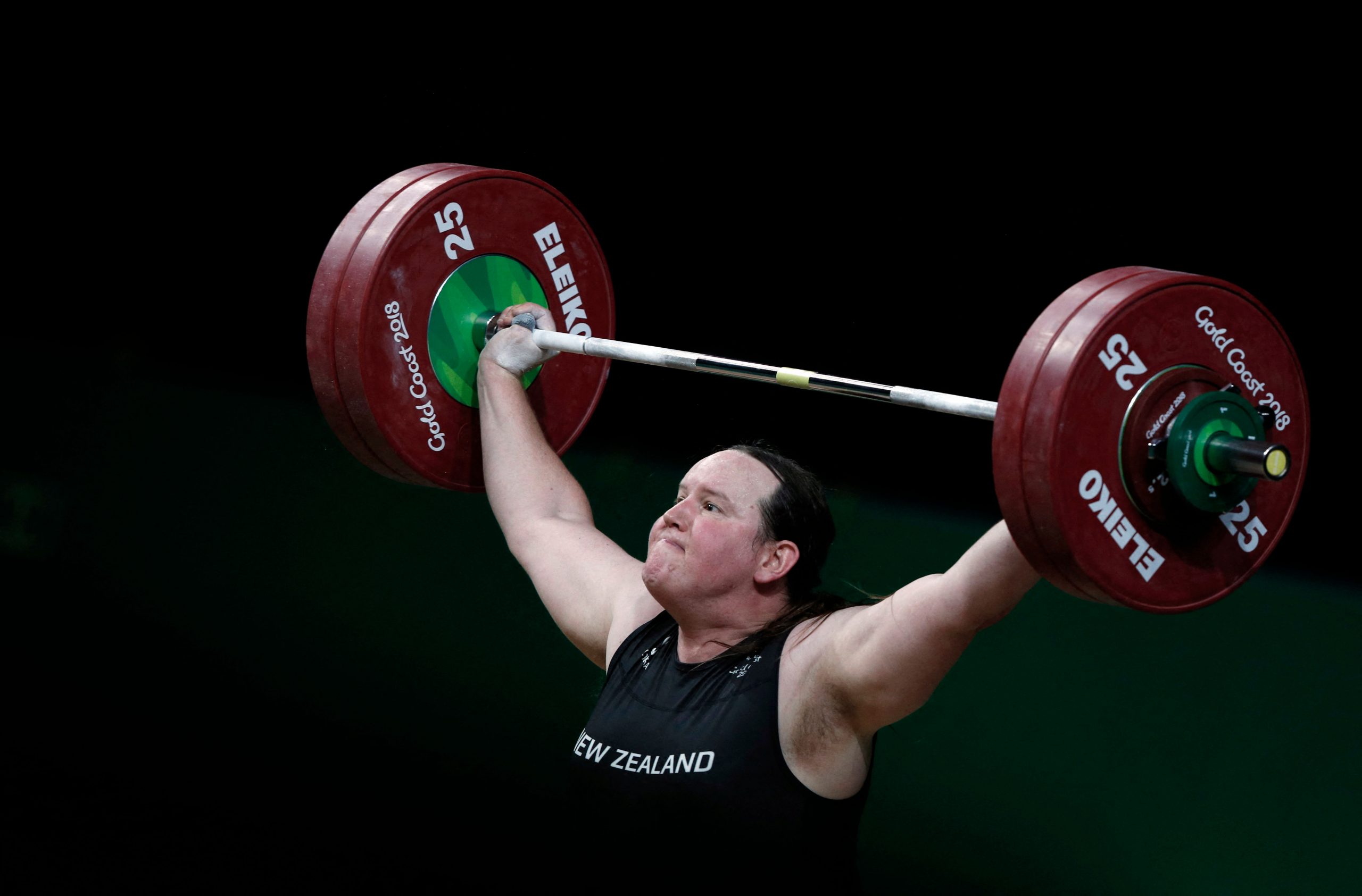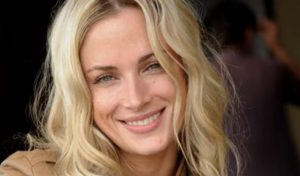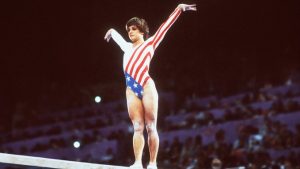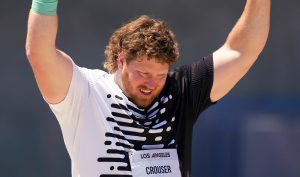The International Olympic Committee (IOC) on Saturday said that they backed New Zealand’s transgender weightlifter Laurel Hubbard for the Tokyo Olympics despite criticism. The IOC said that they will be reviewing the current rules under which an athlete can compete.
Hubbard will become the first transgender athlete to compete in the Olympics after she was selected for the New Zealand team in the women’s super-heavyweight 86+kg category.
Hubbard, who was born male but transitioned to female in her 30s, has sparked debate with her selection.
“The rules for qualification have been established by the International Weightlifting Federation before the qualifications started,” said IOC President Thomas Bach.
“These rules apply, and you cannot change rules during ongoing competitions,” Bach added.
“At the same time, the IOC is in an inquiry phase with all different stakeholders … to review these rules and finally to come up with some guidelines which cannot rule because this is a question where there is no one-size-fits-all solution. It differs from sport to sport,” Bach further added.
In 2015, the IOC had cleared the way for transgender athletes to compete at the Games as women. However, it comes with a rider, that their testosterone levels be below 10 nanomoles per liter for at least 12 months before their first competition.
According to a Reuters report, scientists said that the current guidelines do very little to mitigate the biological advantages of those who have gone through puberty as males, such as bone and muscle density.
Asked repeatedly if he supported Hubbard competing in Tokyo, Bach said: “The rules are in place and the rules have to be applied and you cannot change the rules during an ongoing qualification system. This is what all the athletes of the world are relying on: that the rules are being applied.”
New Zealand’s team said they were helping weightlifter Laurel Hubbard cope with the “huge focus” as she prepares to become the first transgender Olympic athlete.
“We are working really closely with Laurel, as we do with any athlete, but particularly because of the huge focus on her,” New Zealand Olympic Committee communications director Ashley Abbott said.
“To look at what is going to be best for her in terms of interaction with the media. So, of course, there’s limits and things like that.”
But critics say Hubbard has numerous physical advantages from growing up male that makes her presence in the competition unfair for female-born athletes.
“We will continue to work with her and make sure she is supported at all times and has got an understanding about what the environment might be like,” Abbott said.
“It’s certainly something we have considered.”







